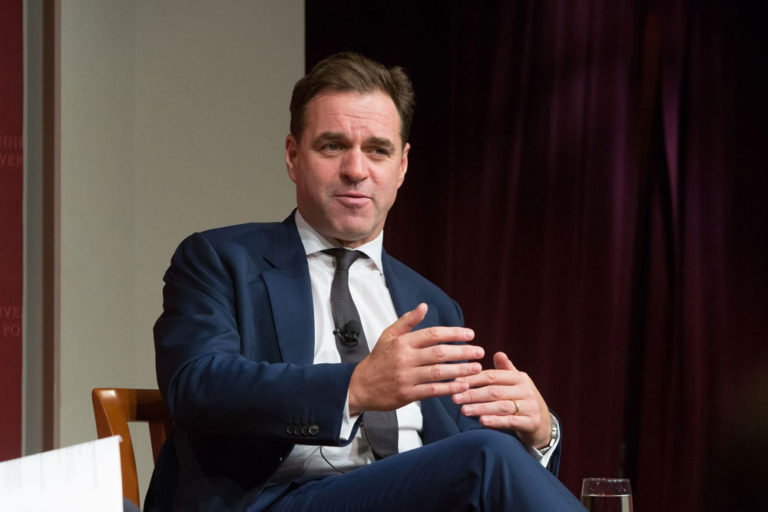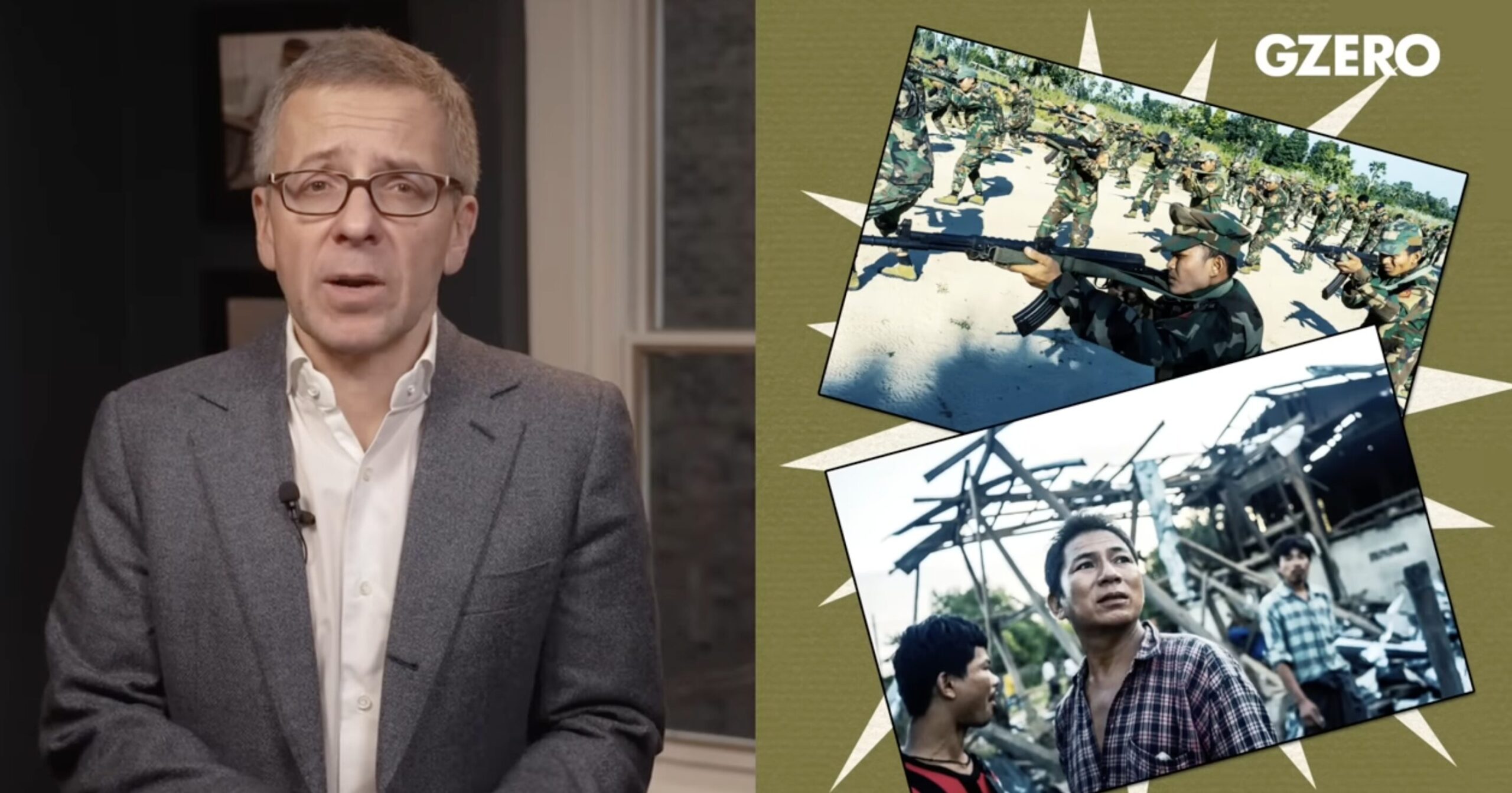
Peter Zeihan: Europe Goes Nuclear
We’ve got two major developments in Eurasia. We’re talking about Ukraine disabling two ships in the Caspian Sea and Poland getting EU approval to build…
Thought Leader: Peter Zeihan

By Niall Ferguson (Original source Boston Globe)
“Despite the bitter war they fought in the 1940s, Japan and Britain (my native country) have much in common. Both are archipelagos off the vast Eurasian landmass. Both are among the most densely populated countries in the world. Both were once mighty empires. Both are still quite rich. Both are constitutional monarchies.
Yet while Britain today is in a state of acute political crisis, Japan seems a model of political stability. Is this a matter of personalities — the sad fact that Theresa May is a talentless leader, Shinzo Abe a gifted one? Partly. But there is more to it than that.
The Japanese, crushed in 1945, conceded only a superficial Americanization of their culture and institutions. To a remarkable extent, Japan did not change. It merely jettisoned the hysterical nationalism that had come to the fore in the 1930s. Not only did the Emperor survive, but so did the country’s social elite. They accepted land reform but retained political power.”
Click here to see more
Peter Zeihan: Europe Goes Nuclear
We’ve got two major developments in Eurasia. We’re talking about Ukraine disabling two ships in the Caspian Sea and Poland getting EU approval to build…
Thought Leader: Peter Zeihan
Dr. Sanjay Gupta’s Top Health Stories of 2025
From the resurgence of measles to a new way to treat pain, 2025 was a challenge for public health while still offering moments of hope. Sanjay…
Thought Leader: Sanjay Gupta
Ian Bremmer: The state of global conflict in 2025
On GZERO World, Ian Bremmer takes a hard look at the biggest global crises and conflicts that defined our world in 2025 with CNN’s Clarissa…
Thought Leader: Ian Bremmer

